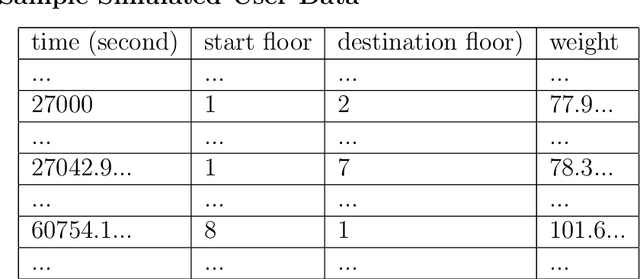Mark Pock
LLMs grasp morality in concept
Nov 04, 2023

Abstract:Work in AI ethics and fairness has made much progress in regulating LLMs to reflect certain values, such as fairness, truth, and diversity. However, it has taken the problem of how LLMs might 'mean' anything at all for granted. Without addressing this, it is not clear what imbuing LLMs with such values even means. In response, we provide a general theory of meaning that extends beyond humans. We use this theory to explicate the precise nature of LLMs as meaning-agents. We suggest that the LLM, by virtue of its position as a meaning-agent, already grasps the constructions of human society (e.g. morality, gender, and race) in concept. Consequently, under certain ethical frameworks, currently popular methods for model alignment are limited at best and counterproductive at worst. Moreover, unaligned models may help us better develop our moral and social philosophy.
Application of Deep Q Learning with Stimulation Results for Elevator Optimization
Sep 30, 2022
Abstract:This paper presents a methodology for combining programming and mathematics to optimize elevator wait times. Based on simulated user data generated according to the canonical three-peak model of elevator traffic, we first develop a naive model from an intuitive understanding of the logic behind elevators. We take into consideration a general array of features including capacity, acceleration, and maximum wait time thresholds to adequately model realistic circumstances. Using the same evaluation framework, we proceed to develop a Deep Q Learning model in an attempt to match the hard-coded naive approach for elevator control. Throughout the majority of the paper, we work under a Markov Decision Process (MDP) schema, but later explore how the assumption fails to characterize the highly stochastic overall Elevator Group Control System (EGCS).
 Add to Chrome
Add to Chrome Add to Firefox
Add to Firefox Add to Edge
Add to Edge